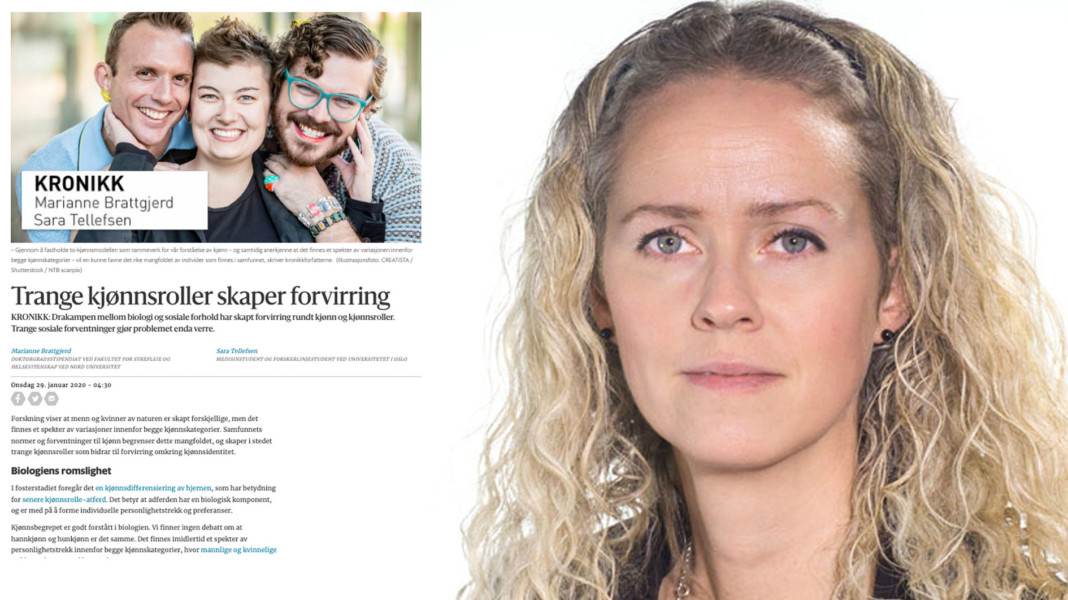
Av Forskerforum
Publisert 7. januar 2022 kl. 12:19
Gunnar Yttri , rector of Western Norway University of Applied Sciences (HVL), recently spoke to Forskerforum. Here are some highlights.
‘[The old universities] represent something else, but few at HVL think that this is the path we should be following. Norway has enough old-style universities. We can learn something from them, but there are parts we don’t want.’
‘Students who start with us, leave with an education. The key is to provide greater quality, with a stronger and more research-rich – not research-heavy – academic environment.’
‘Our great strength is that we have five campuses and unite academic environments that previously worked alone. It provides for a more robust academic environment.’
‘Collaboration makes the academic environments larger, stronger and more dynamic than they are on their own – and that’s the key to maintaining teaching quality despite a major boost in research.’
‘We have to build this university on our own terms.’
When Marianne Brattgjerd, at Nord University, wrote a reader’s contribution on gender for the website Forskersonen, she says management gave her ‘a clear message that it was unethical to write these articles since this isn’t an area I do research in, and that I wasn’t permitted to use my title and workplace when writing about topics outside my research area.’
Professor Emeritus Ole Gjems-Onstad, at BI, has also found himself in a similar situation. ‘The problem in Norway today is not that employees at academic institutions say too much, but that they are afraid to speak out because the debate has become so sharp-edged,’ says Gjems-Onstad.
BI Rector Inge Jan Henjesand responds: ‘Academic freedom is practised at all educational institutions, meaning that academics participate in the public debate as individuals. In other words, it is not the institution that speaks out (…). BI does not participate in political debates. Our academic employees do.’
When Arts Council Norway announced 5 million kroner to mark Queer Culture Year, applications flooded in. Of 264 submitted applications, barely 10% received funding, among them museums, libraries, festivals and events set up by queer organisations. ‘The funds are not proportionate to the need,’ says Tonje Kristin Moser.
Moser believes that the largest actors should be able to finance their own Queer Culture Year. She emphasises that the queer struggle was not won thanks to the state, but in opposition to it. She demands that grants go to the grassroots level.
The government has promised a trust reform for the public sector with the goal of reducing micromanagement and performance management. Now they have invited parties from working life to a start-up conference, scheduled to take place in mid-January. ‘We will clarify expectations for the process and find out how the parties want us to work with this. And then we will outline our plans,’ says State Secretary in the Ministry of Local Government and Modernisation (KMD), Gunn Karin Gjul (Labour).
For the government, it is important that the reform occurs from the bottom up.